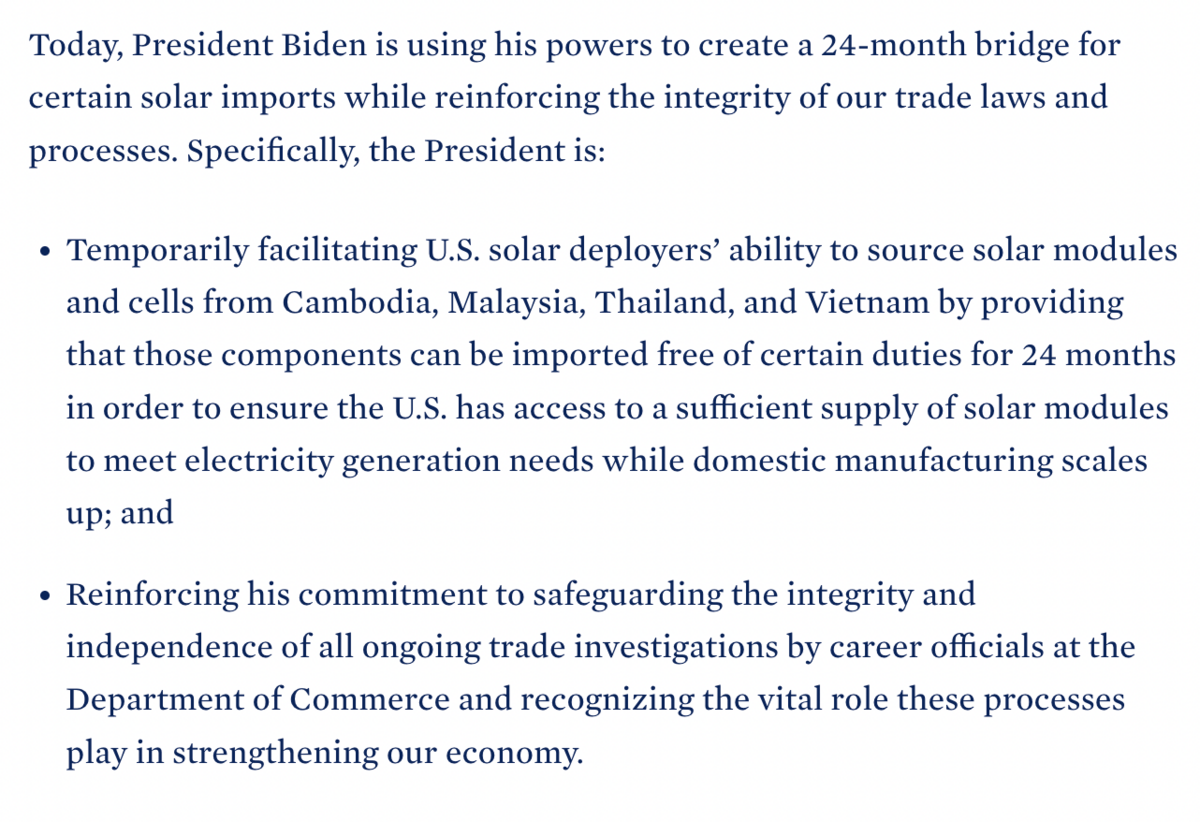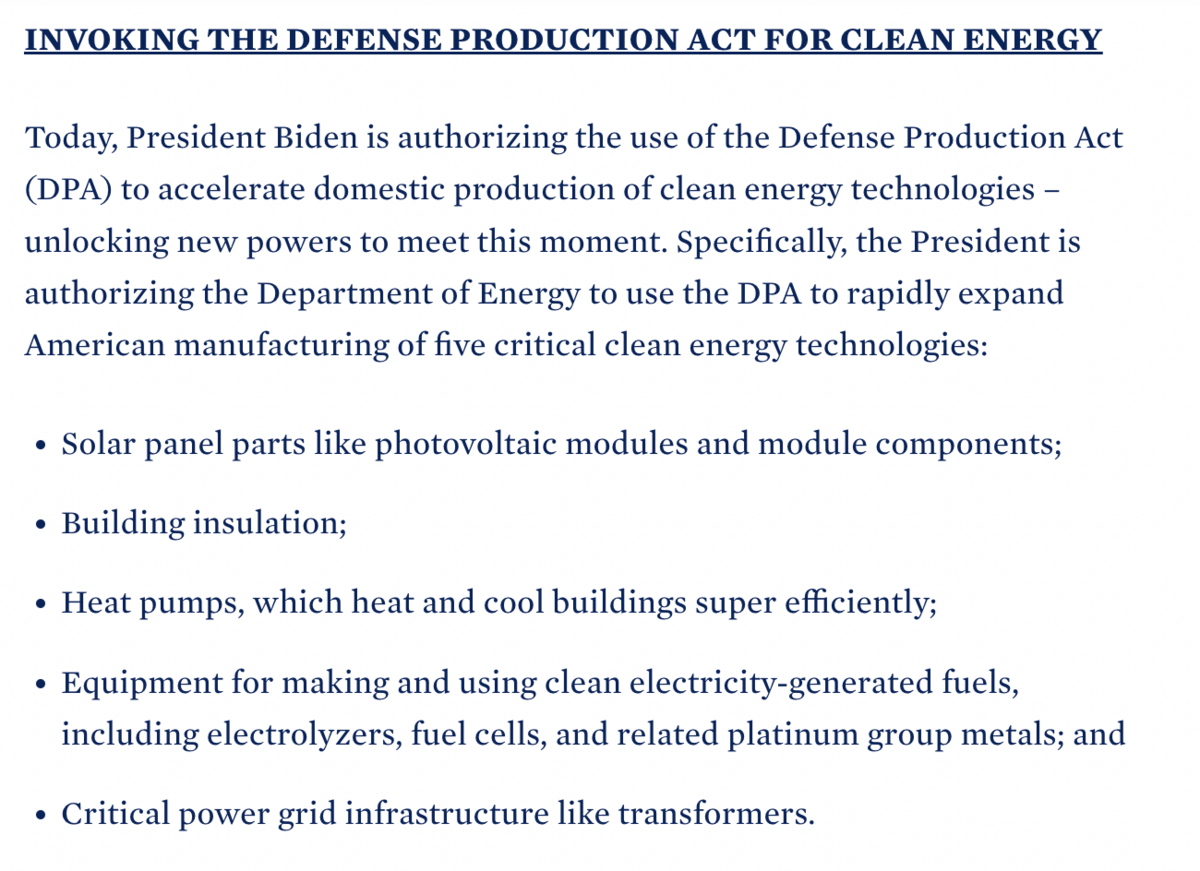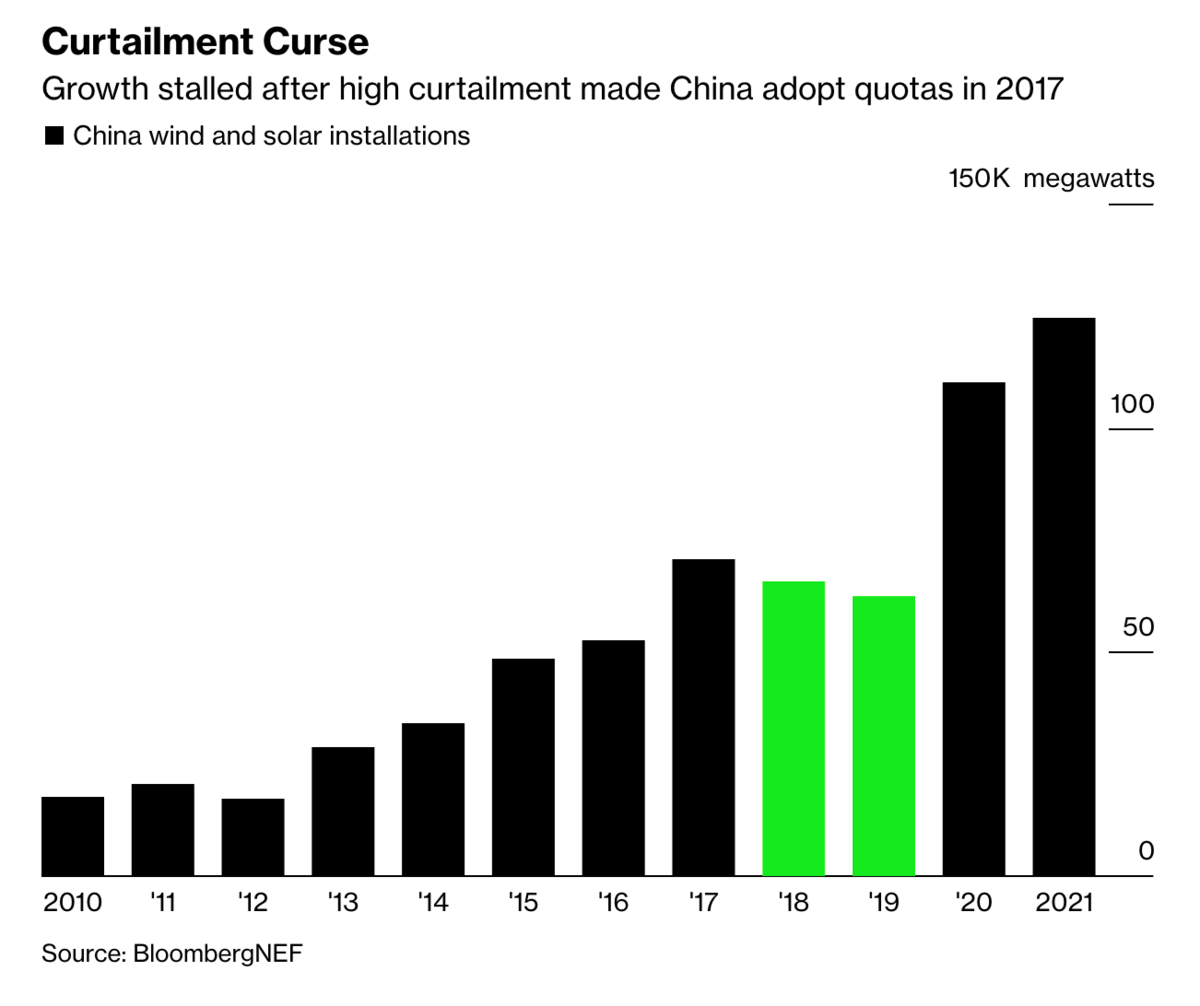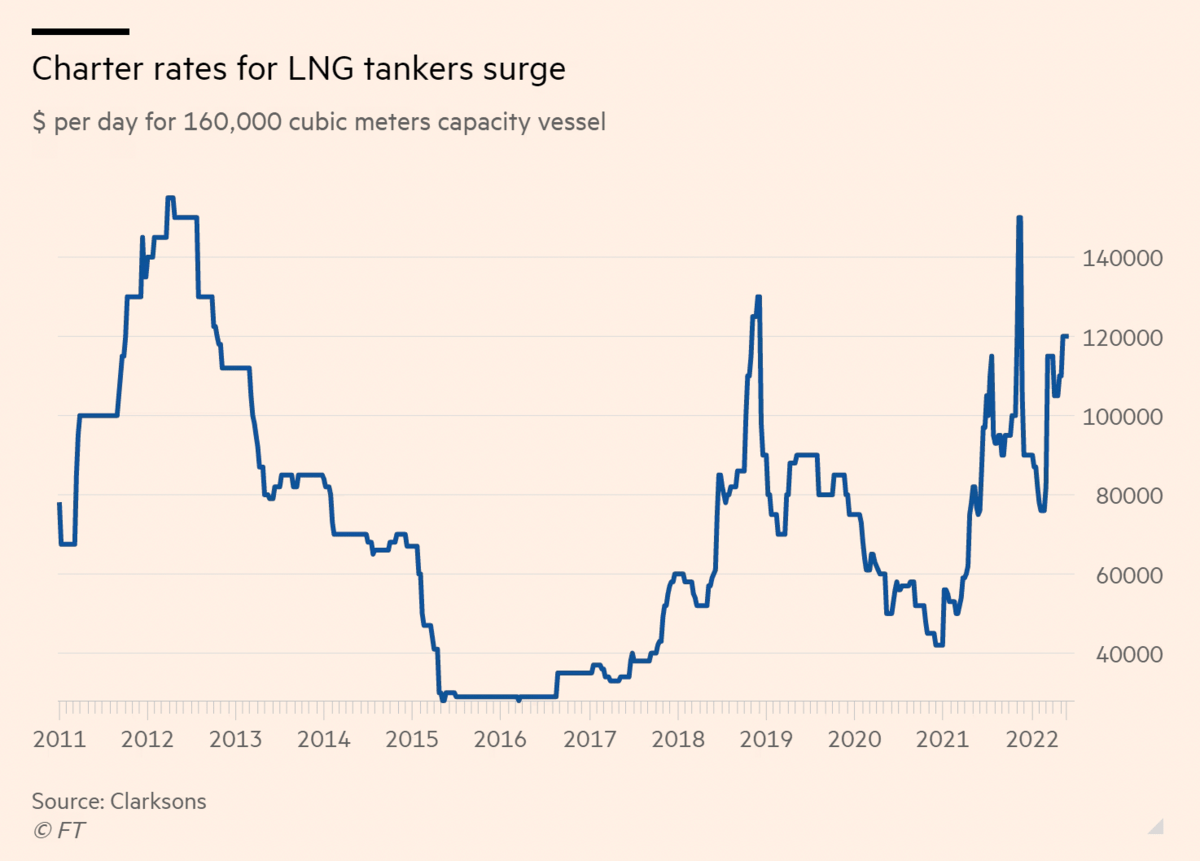The Defense Production Act Against America
President Joe Biden has asked a question not pondered since the days of Jefferson Davis: "Can American industrial power outcompete slave labor?" The president has answered in the negative.
Yesterday, he invoked the Defense Production Act to speed up America's solar industry by first removing the threat of any new duties on solar panels imported from some Asian countries. If that seems contradictory that's because it is. Here's how the White House Press described it:

This directly undermines the Department of Commerce's current probe into whether or not some Asian countries have been ducking anti-dumping duties. These duties are not tariffs per se, but work to offset Chinese subsidies. Auxin, a domestic solar manufacturer in California, requested the probe in part because without tariffs it struggles to compete against other import-dependent solar companies.
“The president’s action is a much-needed reprieve from this industry-crushing probe,” Abigail Ross Hopper, chief executive officer of the Solar Energy Industries Association, said in a statement. “During the two-year tariff suspension window, the US solar industry can return to rapid deployment while the Defense Production Act helps grow American solar manufacturing.” SEIA has been incredibly vocal about this probe. According to American Prospect:
"SEIA’s membership includes U.S. subsidiaries of Chinese producers JinkoSolar, JA Solar, Trina Solar, BYD, and LONGi Solar, which are the dominant solar component manufacturers in the world. In addition, SEIA counts as members Hanwha Q Cells and Canadian Solar, which are headquartered in Korea and Canada, respectively. Canadian Solar has a large manufacturing base in China and its subsidiary CSI Solar was listed on the Shanghai Stock Exchange; Q Cells has manufacturing in China, though it has other factories in the U.S. and recently announced a new one. As recently as 2019, Jinko gained a seat on SEIA’s board of directors, and Hanwha Q Cells still holds one today."
It should be added that Chinese solar panels are made with slave labor. A current statute, The Uyghur Forced Labor Prevention Act, prohibits imports from the Xinjiang region of China, where most of the world's polysilicon is made. "While the Chinese government has called the use of forced labor in Xinjiang 'a rumor,'" reports American Prospect, "it has been acknowledged by virtually everyone involved in the industry. Polysilicon from China is on an official Department of Labor list of goods produced by forced labor."
Some believe that SEIA's now quite successful push against the duties probe is a test run for a future attempt to undo the Forced Labor Prevention Act.
Noticeably absent from the list of "five critical clean energy technologies," the DPA is meant to aid is polysilicon. This is a huge gift to China--to the detriment of American energy sovereignty.

Regardless, President Biden has made it clear: America needs more slave-labor-made solar panels for its solar fleet.
Nordhaus: Russia Killed Climate Policy
Ted Nordhaus, the executive director at the Breakthrough Institute, just published a new piece in Foreign Policy titled, "Russia's War Is the End of Climate Policy as We Know It." Here's the rundown:
Since the invasion of Ukraine, energy security has replaced climate change as a core concern.
"Growing concern about climate change and the push for renewable fuels also led many to underestimate just how dependent societies still are on fossil fuels. But access to oil, gas, and coal still determines the fate of nations. Two decades of worrying about carbon-fueled catastrophes—and trillions of dollars spent globally on transitioning to renewable power—haven’t changed that basic existential fact."
Nordhaus suggests that this new reality might create an energy realpolitik that creates a boon for low-carbon energy.
Nordhaus seems to believe that the green movement's "arbitrary" technology preferences will fall away in this new reality where liberal democracies try to decouple from Russian and Chinese energy and turn to things like nuclear.
"But climate and energy policies, especially in the West, may shift significantly from subsidizing demand (for things like solar panels and electric vehicles) to deregulating supply (of things like nuclear power plants and high-voltage transmission lines). A shift of this sort [...] would put clean energy policies on much firmer economic footing."
Nordhaus has some real meat in this piece and I encourage everyone to read it in full. My main response is that I'm far more skeptical of this pivot to energy realpolitik in America. We should remember that climate alarmists have an eschatological vision of the future. It's a prophecy of doom. In the 1960s, a group of social scientists wrote When Prophecy Fails: A Social and Psychological Study of a Modern Group That Predicted the Destruction of the World. They wanted to see what would happen when a doomsday cult's predictions failed. It turns out that when prophecy fails, those most invested double down. They have too much skin in the game to walk away. The most invested in the eco-pocalypse already helm powerful NGOs and even work in the White House.
While I do agree with Nordhaus when he writes, "Climate advocates and their political allies have often engaged in the policy equivalent of smoking one’s own supply: They have confused the subsidy-driven growth of renewable energy with evidence that the world is ready to rapidly transition off fossil fuels," I think he misses a key point: they don't really care. Their goal is to strangle human energy consumption to "save the planet." For most of them, there will be no Road to Damascus moment.
Truth hurts. Trying to show it to people is painful and most refuse to face it head-on. I think this video does a great job of explaining why:
So I'm not convinced we're about to see a realpolitik emerge. Not for a while, not in America. After all, Biden didn't invoke the Defense Production Act for nuclear; he did it for solar.
China's Renewables Problem
China has overbuilt renewables yet again. And now it's having to curtail lots of power from solar and wind.

"Nearly 12% of power generated by wind turbines in Inner Mongolia this year has been wasted because the grid couldn’t take it, along with 10% of solar power in Qinghai," reports Bloomberg. "In sunny and windswept but sparsely populated Gansu province, the utilization rate of wind and solar power could drop below 90% this year from nearly 97% in 2021."
Solving this problem involves long-distance transmission and storage. Bloomberg expects they will invest heavily in these solutions.
Like what you're reading? Click the button below to get Grid Brief right in your inbox!
Conversation Starters
The Nuclear Regulatory Commission said that NuScale's reactor design is safe.
Russia claims it can bypass the EU's ban on insuring maritime oil deliveries to third-world countries.
LNG tanker rates have hit a ten-year high.

Word of the Day
Vertical integration
The combination within a firm or business enterprise of one or more stages of production or distribution. In the electric industry, it refers to the historical arrangement whereby a utility owns its own generating plants, transmission system, and distribution lines to provide all aspects of electric service. (source)